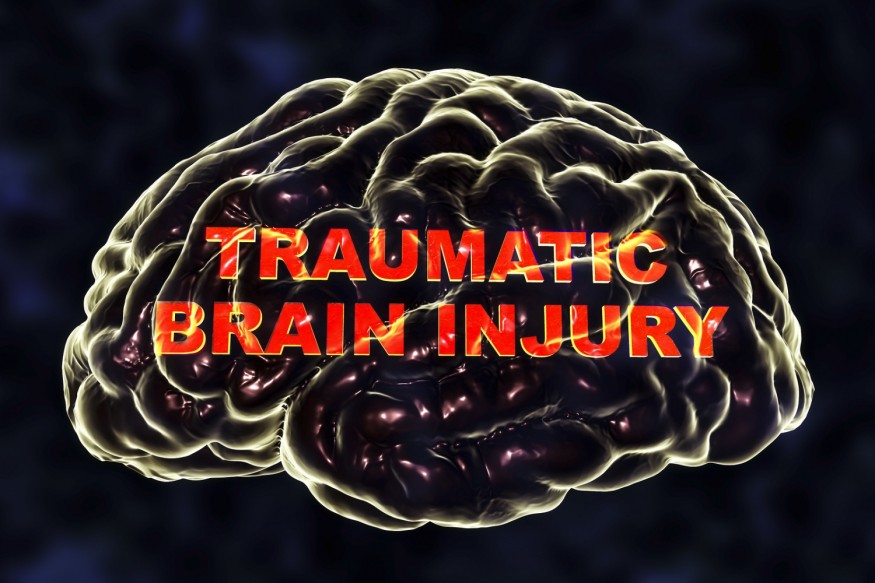CDC Study Shows Traumatic Brain Injuries Following Slip and Fall Accidents is Increasing

In the world of traumatic injuries, blows to the head are among the most serious. If someone has been diagnosed with a traumatic brain injury, this has the potential to adversely impact someone's overall health for the rest of his or her life. The cells of the brain do not regenerate like other parts of the body. As a result, the motor and sensory deficits that someone might suffer following a traumatic brain injury can be permanent. There are a number of different ways in which someone might suffer a head injury. These include contact sports, motor vehicle accidents, and slip and fall accidents. Recently, the Centers for Disease Control and Prevention (CDC) released a new study on slip and fall accidents.
In the study, the CDC took a look at the rates of slip and fall accidents across the country. They followed the rates of slip and fall accidents at numerous health centers across the country. They tracked the injuries these individuals received as well as the outcome of the accident. According to their report, the rate of people who died following a slip and fall accident that caused a traumatic brain injury went up by close to 20 percent from 2008 to 2017. This means that people who have been diagnosed with a traumatic brain injury today are more likely to pass away as a result of the injury. The numbers from this report are shocking and deserve the attention of everyone.
There are several ways in which someone might suffer a slip and fall accident. One of the most common mechanisms of injury has to do with a slip and fall on a wet floor. If someone spills something in a store or restaurant, it presents a major fall hazard. Other people might slip and fall on an icy sidewalk during the winter months. Finally, people can also slip and fall as they go down the stairs. Regardless, when someone slips and falls, they might strike the back of their head on the ground. This can lead to a variety of head injuries.
Some of the most common head injuries include a concussion, a cerebral contusion, a skull fracture, and even a brain bleed. It is critical for anyone who strikes his or her head on the ground to seek appropriate medical care as quickly as possible. The sooner someone gets diagnosed with a head injury, the faster treatment can begin. This might have the potential to save someone's life. The recovery process following a TBI can be prolonged; however, there are trained professionals who are willing to lend a helping hand to those in need.
Subscribe to Latin Post!
Sign up for our free newsletter for the Latest coverage!
© 2026 Latin Post. All rights reserved. Do not reproduce without permission.














